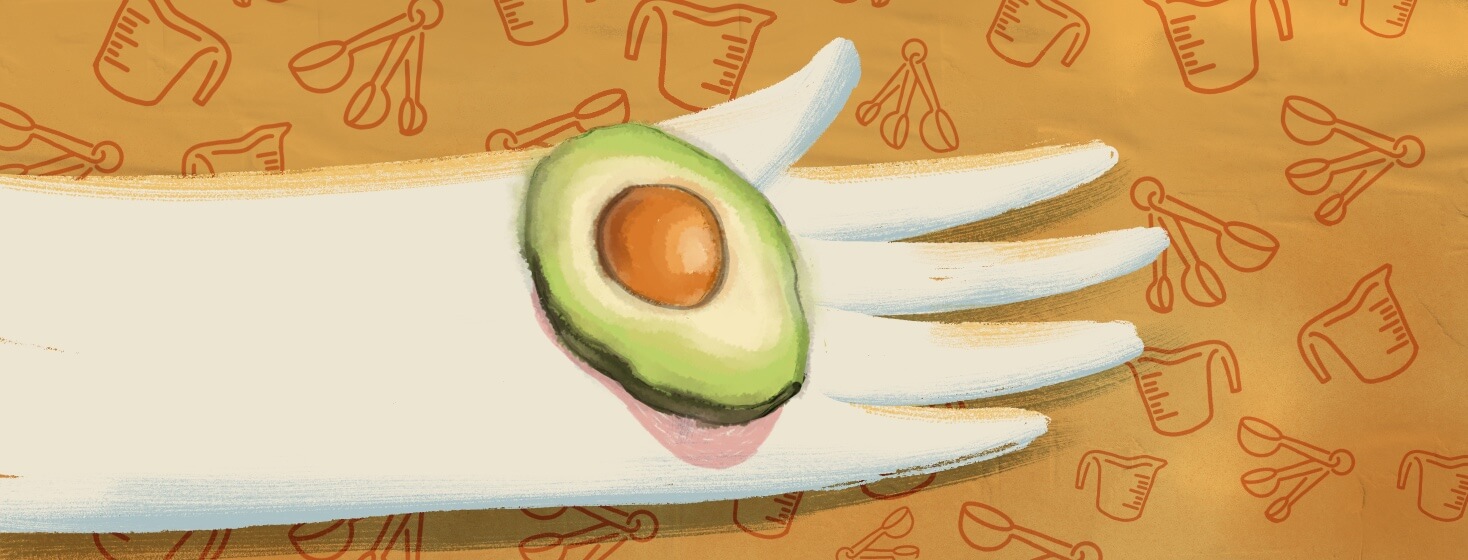Managing My Diet While Living With CKD
For those of us living with chronic kidney disease (CKD), especially in the end stages, we know how many diet changes there can be. I have lived with CKD my entire life and I didn't realize how important diet can be until I was into my later stages. If only I had done a bit of research earlier on. I had seen plenty of people increase or keep their kidney function stable. It can be a bit harder once your kidneys have decreased, but there is a whole heap of information to learn out there.
Prevention during early stages
Doing some research on your diet in your early stages is something I wish I knew about sooner, as all your told during this time is doom and gloom and that your kidneys will only go down in function and not up.
When I went through stage 2 and 3, I decided to take up a nutrition course to learn as much as possible. Unfortunately, it wasn't a course related directly to kidneys, therefore I didn't completely change my diet but it did help me understand how food impacts our bodies. I believe having a basic understanding of food can really impact your kidney journey.
Featured Forum
View all responsesLearning portion sizes
Although learning about food is important, if your kidney function decreases, it is common to see your potassium, phosphorus, sodium, and protein levels to fluctuate. For me, potassium was my first level to increase, and this is a nutrient that can be extremely dangerous if levels get too high. I went to the ends of the earth to understand what foods to have and avoid. Potassium is possibly the most confusing one for me, as all the healthy fruit and vegetables are typically high in potassium.
It just so happens that all of my favorite foods are high in potassium - avocado, tomato, spinach, bananas, POTATOES!! I found this to be a really hard adjustment, until I learned the trick. Instead of completely avoiding avocados all together, I learn how to portion these foods so that I could still eat them. This allowed me to eat multiple different types of high potassium foods each day, if I just stuck to portion sizes. A great fix!
Managing my other nutrient levels
The next thing to increase was my phosphorus levels. This was a bit easier for me to manage as I figured out that dairy, nuts, and red meats tended to be high in this nutrient. Again, I was able to apply my favorite tool and ate things in portion sizes instead of over consuming. Or if I had it one day, I'd skip it the next.
My sodium and protein levels were the easiest to control in my diet, as they are the two that I already understood the most. I stopped eating processed foods and only occasionally treated my self to nice restaurant dinners. I also stopped using table salt in everything. Yes, you get used to bland food after 2 or 3 years. This helped to reduce my sodium intake. Protein and meat can be hard for your kidneys to process when the function decreases, specifically red meat was really difficult for mine. But protein is so important in your diet therefore, I stuck to white meat whenever I could.
Research and misinformation
Although I'm telling you everything that has worked for me, it may not be the same for you. Everyone's kidneys are so different. There is so much information online telling you so many conflicting things about what you should and shouldn't eat with CKD, and it can get even more confusing the more you read into it.
I have researched for years now and gone through so much trial and error. You'll eventually figure it out, too!
This or That
Are you satisfied with your current CKD treatment plan?

Join the conversation